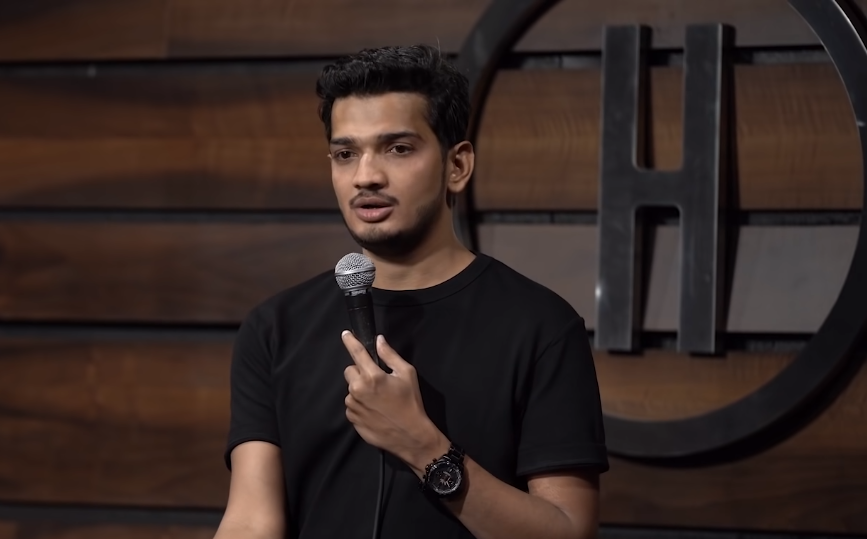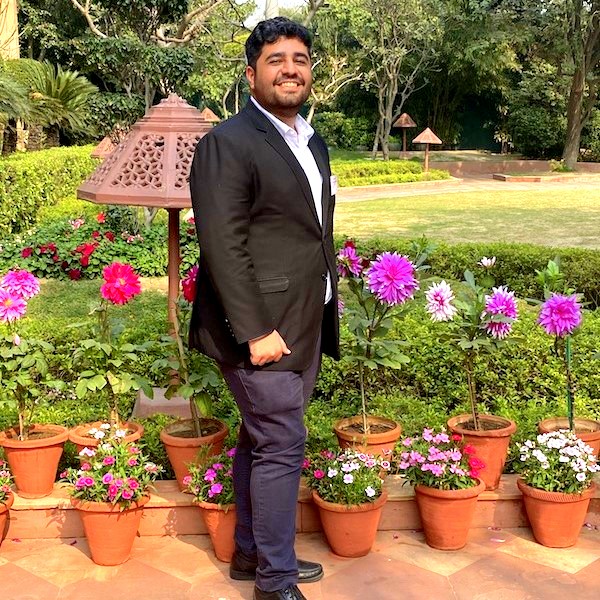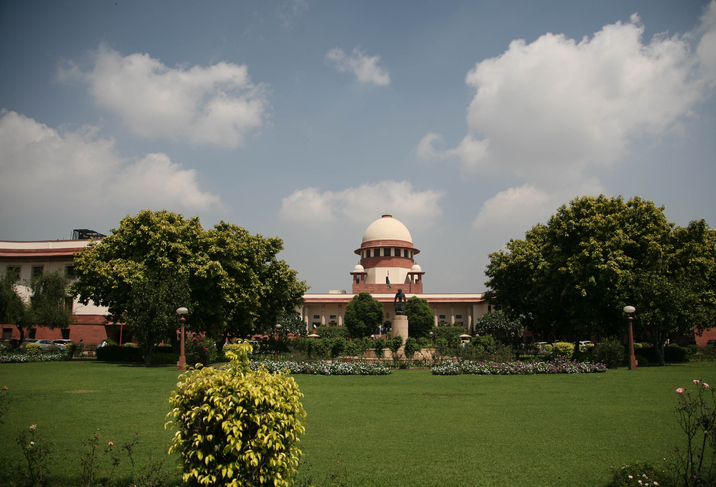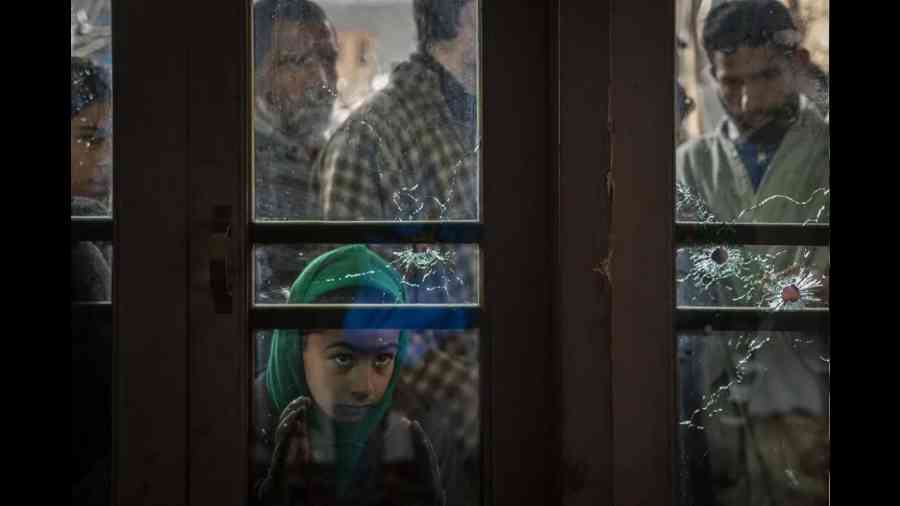
Munawar Faruqui’s Bail Process Flouted Set Judicial Precedents in Five Judgments
We Must Continue to Question
‘Justice delivery is not a pity plea but is a right, and there is a manifest duty to deliver it’ – Maja Daruwala, India Justice Report, 2020.
Every individual deserves a fair trial, and it is imbibed in law through judicial precedents that bail is the rule while jail is the exception. Imprisonment must be used sparingly in the most adverse and exceptional circumstances, and the due process of law prescribed must be practised at all times by the police and the courts.
Yet this principle was turned on its head in the case of Munawar Faruqui, a stand-up comedian arrested under Section 295-A of the Indian Penal Code (IPC) for allegedly insulting Hindu deities. He was repeatedly denied bail till the Supreme Court stepped in to his rescue. This blog analyses how Faruqui’s case was a deviation from similar cases in the past through analysing these precedents.
The Timeline of Munawar Faruqui’s Case
On 1st January 2021, Munawar Faruqui, a stand-up comedian was arrested by the Madhya Pradesh Police while performing a show in Indore. A complaint had been filed on the grounds that offensive jokes were allegedly made on Hindu deities and Home Minister Amit Shah during the performance. The Police charged Faruqui and his associates under Section 295-A of the Indian Penal Code. The charges were made on oral evidence by the complainant Eklavya Gaur without the presence of any actual proof, thus disregarding the rules laid down under Section 41 of the Code of Criminal Procedure,1973 (Cr.P.C.).
Faruqui’s bail application was rejected by the concerned Magistrate and Sessions Court on the grounds that public law and order would be disturbed if he was released on bail. On appeal to the Madhya Pradesh High Court, the bail application was rejected because the Uttar Pradesh Police had lodged a similar offence in Prayagraj against Faruqui. The High Court, in its Order, stated that every citizen has specific fundamental duties and that States must ensure peace and harmony amongst all religious groups by protecting them from negative forces. It is pertinent to note that the High Court Order lacked the mention of any incriminating evidence or threat to society that Faruqui’s bail would pose.
On appeal, relying on Arnesh Kumar v. State of Bihar [(2014) 8 SCC 273], the Supreme Court observed the vagueness of the FIR filed by the Police and that due process of law laid under Section 41 of the Cr.P.C. was not followed. The Supreme Court thus granted bail to Faruqui referring to Arnesh Kumar, whichstated that arrest brings humiliation and casts scars on the accused forever.
Precedents From Which Faruqui’s Bail Process Deviated
- In Amish Devgan v. Union of India [(2021) 1 SCC 1], the accused, a prime-time news anchor, had insulted Ajmer Sharif Khwaja Mohiuddin Chishti on his news show and addressed him as a terrorist. In the aftermath, multiple FIRs were filed under section 295-A of the IPC against Devgan for insulting Ajmer Sharif and the entire religion’s sentiments. While granting interim protection to Devgan from arrest, the Supreme Court noted that actual utterance or something more than a thought would be required as evidence. Mere thoughts without any utterance or substantive proof of intent would not be punishable.
In Faruqui’s case, the presumption of guilt without evidence and the refusal of bail are a deviation from the rationale laid down in Devgan’s case.
- In Dataram Singh v. State of U.P. [(2018) 3 SCC 22], the Supreme Court held that a fundamental postulate of criminal jurisprudence is the presumption of innocence. Further, the accused’s arrest must be justified, meaning, the arrest should be crucial to the investigation.
- In Arnab Manoranjan Goswami v. State of Maharashtra (Cri. Appeal 742 of 2020), the Supreme Court, relying on the rationale laid under State of Haryana v. Bhajan Lal, [AIR 1992 SC 604], stated that FIRs “even if taken at their face value and accepted in their entirety, do not prima facie constitute any offence or make out a case against the accused.”
Holding human liberty as a precious constitutional value, the Supreme Court stated in the Goswami judgment that “the writ of liberty runs through the fabric of the Constitution. The need to ensure the fair investigation of crime is undoubtedly important in itself, because it protects at one level the rights of the victim and, at a more fundamental level, the societal interest in ensuring that crime is investigated and dealt with in accordance with law.”
In Faruqui’s case, the FIR and oral testimony of the witnesses was sufficient to incarcerate him for his alleged actions. In this entire process, the High Court circumnavigated the due process laid under the law thus, ignoring Faruqui’s rights and liberties.
- In Shreya Singhal v. Union of India, the Supreme Court held that a “mere discussion or even advocacy of a particular cause howsoever unpopular is at the heart of Article 19(1)(a)”. Only when such discussion and advocacy lead to incitement would it call for a review of imposing restrictions under Article 19 (2) of the Constitution.
The Constitution under Part III has granted every citizen the right to freedom of thought and expression although reasonable restrictions bind these rights. However, the High Court’s yardstick to justify the graveness and threat potential of the alleged offence, based merely on oral testimony, in Faruqui’s case – especially when compared to the precedents stated above – was a clear deviation and a travesty of an individual’s fundamental rights.



